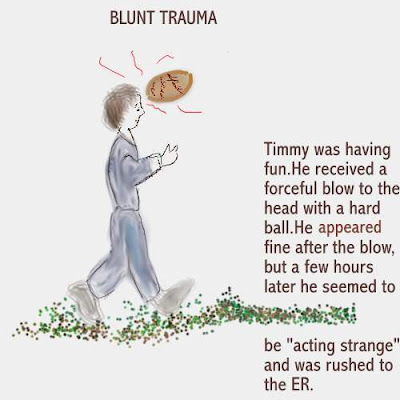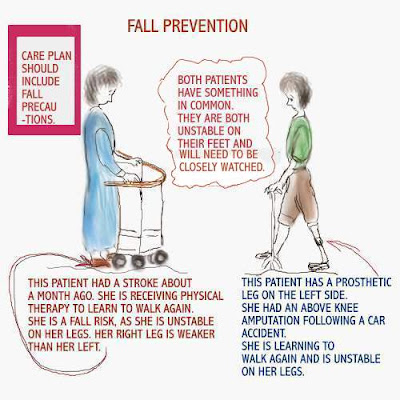 Scenario:
Scenario: A patient was transported to the
Emergency Room by paramedics, following a 911 call. He was having
chest pain and does have a past history of myocardial
infarction. He was medicated according to ACLS guidelines. On arrival
in the ER , he was alert and talking coherently. Suddenly,
he is barely responding and his cardiac rhythm shows third
degree
AV block.
A Code Blue is called and CPR and ACLS guidelines will
be initiated.
Lab values will also be done.
When a Code Blue is called
A Code Blue in a medical facility is usually recognized
as a cardiopulmonary arrest. When this occurs, immediate
steps are taken to alert everyone who is assigned to the
code team.
The medical staff require special training in
CPR and ACLS
in order to manage a Code Blue.


 Dear nurse,
Dear nurse,
 Scenario: A patient was transported to the Emergency Room
Scenario: A patient was transported to the Emergency Room  Updated 5/24
Updated 5/24




 Updated 5/24
Updated 5/24
 As nurses, we medicate patients for Pain (Sessions 12) and *anxiety very often. Have
As nurses, we medicate patients for Pain (Sessions 12) and *anxiety very often. Have
